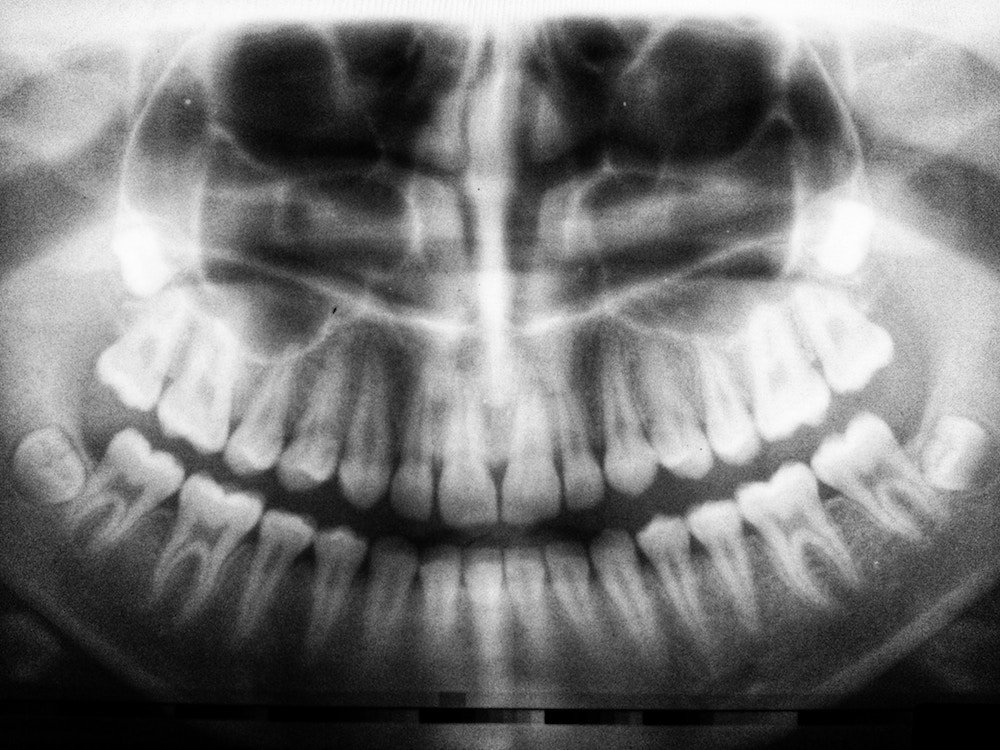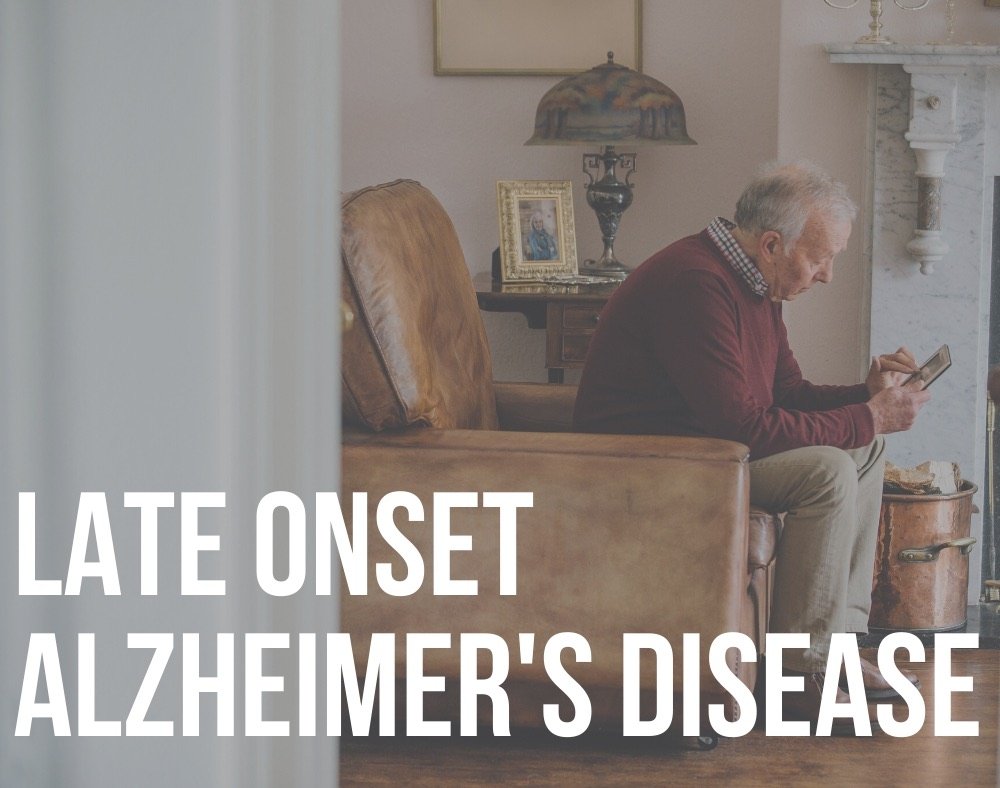Due to our close experience with dementia and weight loss, we found it essential to conduct this extensive article.
People who have dementia may, at one point in the illness, may deal with weight loss at the same time.
This especially happens in the later stages of the disease.
This can be very heartbreaking, due to the fact that food is a very crucial part of a person’s existence and health.
Below we talk about weight loss in people who have dementia.
We mention causes, negative effects, and how to manage this distressing condition.
Contents
Causes of Weight Loss
Several factors can contribute to weight loss in people who have dementia, such as:
Not Eating Enough

A person with dementia may lose weight because they are not getting enough food.
This may be because their preference of food has changed, or caregivers are serving the WRONG consistency, which makes it difficult to swallow.
Others fail to consume enough food because they lose their ability to recognize food.
Some individuals with dementia may be hungry but forget how to put the food in their mouths.
Medical Conditions

Some medical conditions may be behind weight loss in people with dementia.
These can include constipation, depression, dehydration, thyroid disease, pain, chronic infections, and end-organ diseases, amongst others.
Oral Problems

Many people struggling with dementia and weight loss often have oral issues that affect their ABILITY to communicate and eat.
A person might have challenges while eating because they have mouth ulcers, poorly fitting dentures, or bad teeth.
Poor oral health leads to pain, which can make it DIFFICULT for a person to chew and swallow food.
Certain medicines

Weight loss can also be a side-effect of the many medications that persons with dementia take.
These TYPES OF DRUGS may include cardiac medications, endocrine drugs, psychotics, neurologics, joint, bone, and pain medicines.
Psychological Issues

Persons with dementia who are psychiatrically disturbed may become delusional about food. They can decline to eat for fear of food poisoning.
Others may refuse to enter the dining area because of distractions like hearing voices in their heads.
Some may start eating well but leave before completing the meal.
Burning more Calories

A person with dementia may end up losing more weight because they burn calories fast. This is specifically those people who are always in motion pacing and wandering.
Negative Effects of Losing Weight

The immune system of persons dealing with dementia and weight loss may become weak, which makes it more challenging for the body to fight off other illnesses and infections.
The risk of falling also increases, which makes it challenging for an individual to remain independent.
Managing Weight Loss in Persons Who Have Dementia

To avoid a majority of the complications that develop with dementia and weight loss, it is advisable to offer ill persons all the support they need when it comes to HEALTHY eating and drinking.
If the person still shows interest during meal times, there are a few steps you can take to ensure they eat well, such as:
Support for healthy eating
1. Choosing a plate that has a different color from the food so that the person with dementia can see it more clearly.
It also helps to offer flavourful food.
2. Feeding them or putting a drink in their hand if they have difficulties seeing it.
3. Giving the individual enough time to eat and drink.
4. Encouraging the person to participate in exercise during the day can help to increase appetite.
You can opt for activities like taking short walks, swimming, dancing and playing games that the person with dementia finds pleasurable.

5. Try and give them foods that they enjoy, especially if you can provide a healthier option so that the suffering person can always look forward to mealtimes.
For instance, if a person prefers sweet food, you can always serve them a lot of fruit and a little forward so that at the end of the day, they still consume a balanced diet that is good for their health.
Note that smells and tastes from their favorite foods can stimulate the appetite.
Additionally, it is essential to serve tender food that is cut into small bites so that the person with dementia does not have a tough time chewing and swallowing the food.
6. Avoid distractions and overstimulation in the dining areas.
Turning off the TV or radio and making sure people do not make too much noise during meal times can help create the ideal eating environment.
7. Another management strategy when dealing with dementia and weight loss is to ensure that the affected persons eat with dentures, glasses, and hearing aids intact with working battering.
When a person cannot sit still for over fifteen minutes, it is best to give them snacks between meals because hunger is one of the leading causes of agitation in persons with dementia.
8. At times, in dire cases, family members may consider going the artificial feeding route.
This is where experts feed the ill person using tubes that are directly inserted into the stomach.

If you feel like you cannot solve the problem at home, consult a professional speech pathologist or a dietician who will advise on the best way forward.
Treatment primarily focuses on FIBER, FLUID, and CALORIES for the affected persons.
This is because ill persons require sufficient fiber, proper hydration, and adequate food to maintain the ideal caloric function, nutrition, and weight.
You should also schedule a visit to the dentist if eating problems are stemming from oral issues.
Professionals may also prescribe psychotropic medications to treat problems like depression, hallucinations, and delusions.
Closing Thoughts
It is QUITE COMMON for seniors to experience dementia and weight loss concurrently.
A person with the sickness may lose weight rapidly despite getting all the food they want.
With some individuals with dementia, weight loss may be a part of the dying process.
This is especially if contract cachexia an advanced disease which inhibits the body from absorbing nutrients from food even when a person is getting enough to eat.
With time, the individuals lose appetite, become tired and weak and the body gradually slows down and prepares for passing.







